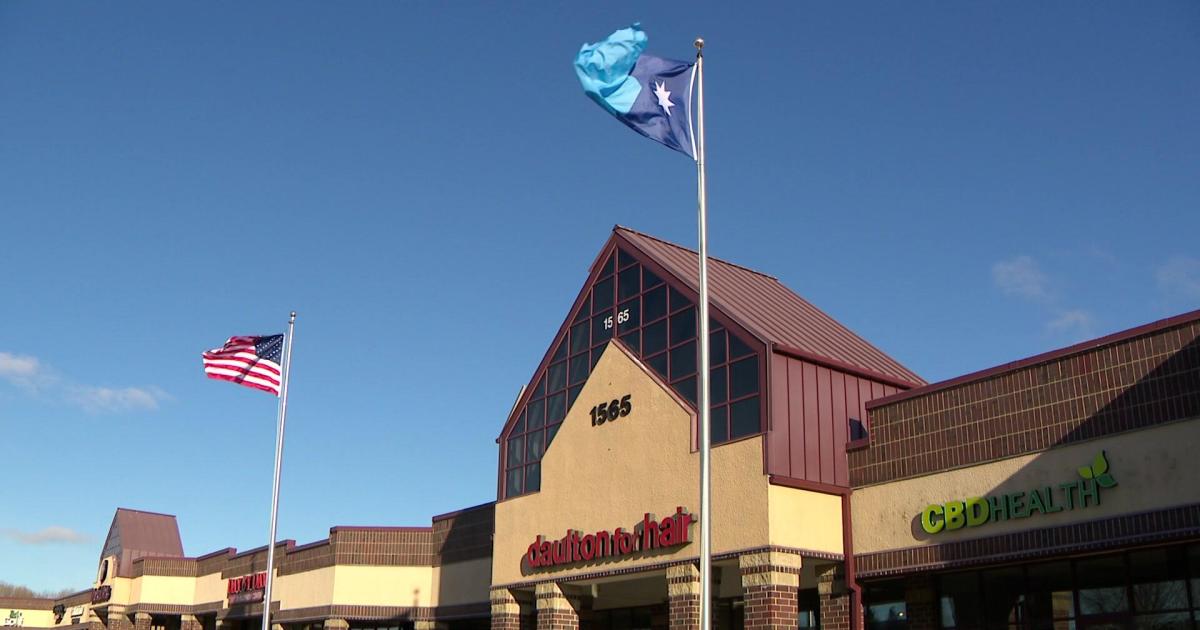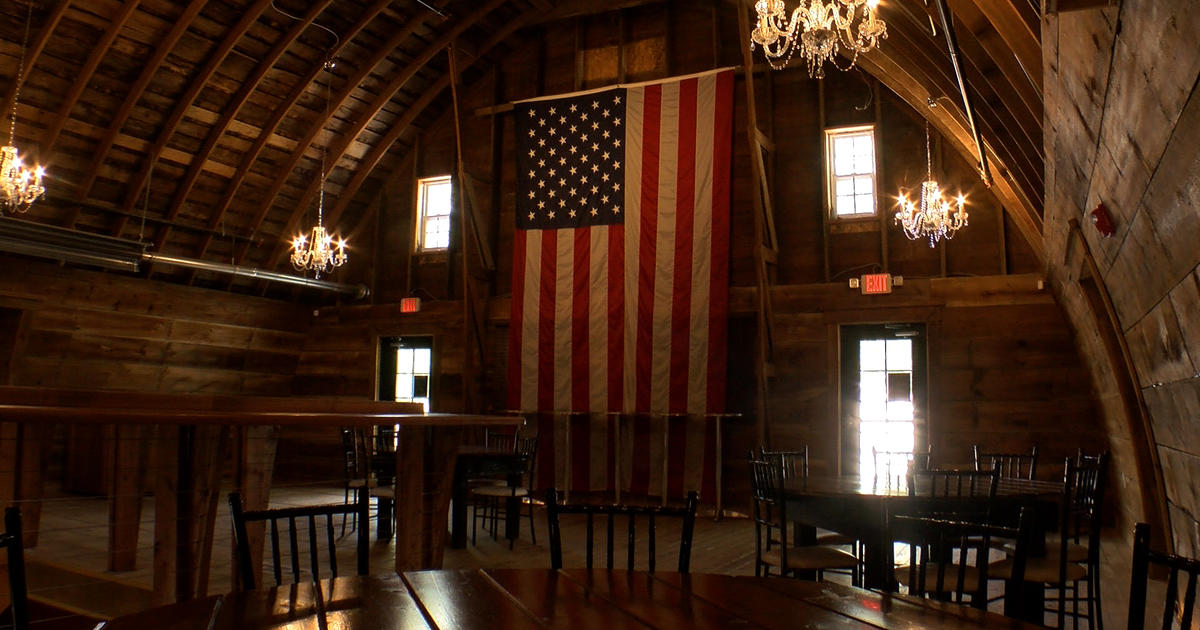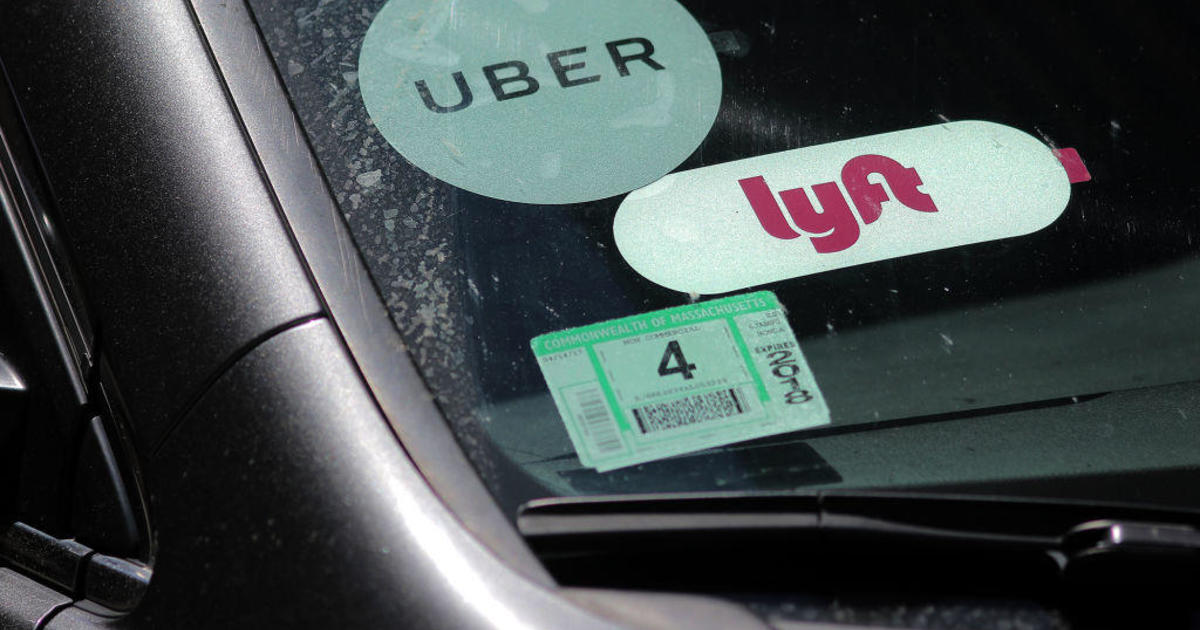Quirk In Health Law May Affect Some Native Americans In Minn.
MINNEAPOLIS (AP) — A wrinkle in the federal Affordable Care Act that could affect tens of thousands of people who consider themselves Native Americans nationwide isn't expected to hit many in Minnesota.
People who identify as Native Americans must be a member of a federally recognized tribe to qualify for an exemption to a requirement that all Americans carry insurance. If they don't, they have to buy their own insurance or pay a fine that starts out at $95 in 2014 and rises to $695 in 2016 as it's phased in. That stands to be a problem for tribes recognized only by state governments.
Minnesota has nearly 102,000 Indians, many of them in seven Ojibwe and four Dakota tribes recognized by both state and federal governments. Most of the state's remaining Indians are members of an estimated 60 recognized tribes from across the U.S.
Yet the law is bound to mean changes for at least some of the state's American Indians and the clinics that specialize in serving them.
Minnesota has at least two self-identified Indian communities that have failed to win federal recognition so far.
The Mendota Mdewakanton Dakota Community has over 200 dues-paying members who claim descent from Indians who lived near Fort Snelling, said its chairman, Jim Anderson. He estimated about half meet one common definition of Native American — having at least one-quarter Indian blood. He estimated that easily half of his members don't have insurance now, but he didn't know how many might be subject to the mandate to have insurance.
The Sandy Lake Band of Mississippi River Chippewa claimed roughly 90 members when it sued unsuccessfully for federal recognition in 2010. Its chairwoman, Sandra Skinaway, did not return calls seeking comment on the impact of the new law on them. The federal government considers them part of the Mille Lacs Band of Ojibwe.
Directors of three major health care providers for Minnesota's American Indians — the federal Indian Health Service area office in Bemidji, the Indian Health Board of Minneapolis and the Native American Community Clinic in Minneapolis — said they weren't sure how many patients might be adversely affected by the narrow definition of Indian under the ACA. Dr. Lydia Caros, executive director of the Native American Community Clinic, said the state's decision to expand eligibility for Medicaid under the federal overhaul should be a "big boon" for the Indian community in general.
But Dr. Patrick Rock, president of the Indian Health Board of Minneapolis and past president of the National Council of Urban Indian Health, said the Medicaid expansion could require his clinic and others to compete harder to keep those patients because they'll have new options to go elsewhere. And he said the exemption from the individual mandate means clinic like his will have to continue providing a lot of uncompensated care.
(© Copyright 2013 The Associated Press. All Rights Reserved. This material may not be published, broadcast, rewritten or redistributed.)



